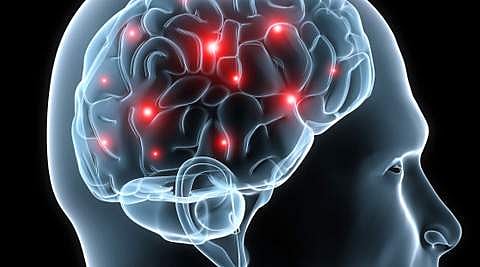

Israeli researchers have shed light on the survival mechanism activated in the brain in conditions of uncertainty, stressful conflict with a need to take risks. The findings, published in the journal Nature Communications, may help understand the neural mechanisms in mental disorders that feature increased or reduced avoidance.
This may lead to future therapies for depression, anxiety and post-traumatic stress disorder (PTSD), or disorders associated with excessive risk-taking, such as addiction and mania.
In their study, researchers from Tel Aviv University (TAU) and Tel Aviv Sourasky Medical Center examined brain conditions of uncertainty and conflict over which course of action to take, in an environment of risks and opportunities.
They identified the areas of the brain responsible for the delicate balance between desiring gain and avoiding potential loss along the way.
It was found that the human brain is affected more by a prior experience of failure or punishment than a positive experience of success and reward, something that encourages future avoidance of risk, reports Xinhua news agency.
The study was performed among epilepsy patients who had electrodes inserted into their brains for testing prior to surgery to remove the area of the brain causing epileptic seizures.
The patients were asked to play a computer game that included risks and opportunities, during which the researchers recorded the electrical activity in their nerve cells immediately after they won or lost money after taking risks in the game.
It was found that the neurons in the area of the inner prefrontal cortex responded much more to loss (punishment) than to the gaining (reward) of coins.
